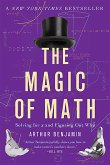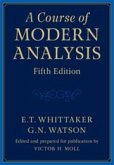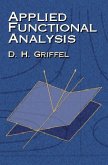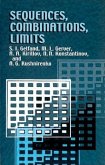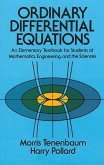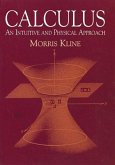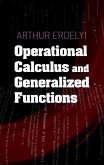This text for advanced undergraduate and graduate students presents a rigorous approach that also emphasizes applications. Encompassing more than the usual amount of material on the problems of computation with series, the treatment offers many applications, including those related to the theory of special functions. Numerous problems appear throughout the book. The first chapter introduces the elementary theory of infinite series, followed by a relatively complete exposition of the basic properties of Taylor series and Fourier series. Additional subjects include series of functions and the applications of uniform convergence; double series, changes in the order of summation, and summability; power series and real analytic functions; and additional topics in Fourier series. The text concludes with an appendix containing material on set and sequence operations and continuous functions. Dover (2014) republication of the edition originally published by Holt, Rinehart & Winston, New York, 1962. See every Dover book in print at www.doverpublications.com
Hinweis: Dieser Artikel kann nur an eine deutsche Lieferadresse ausgeliefert werden.
Hinweis: Dieser Artikel kann nur an eine deutsche Lieferadresse ausgeliefert werden.


